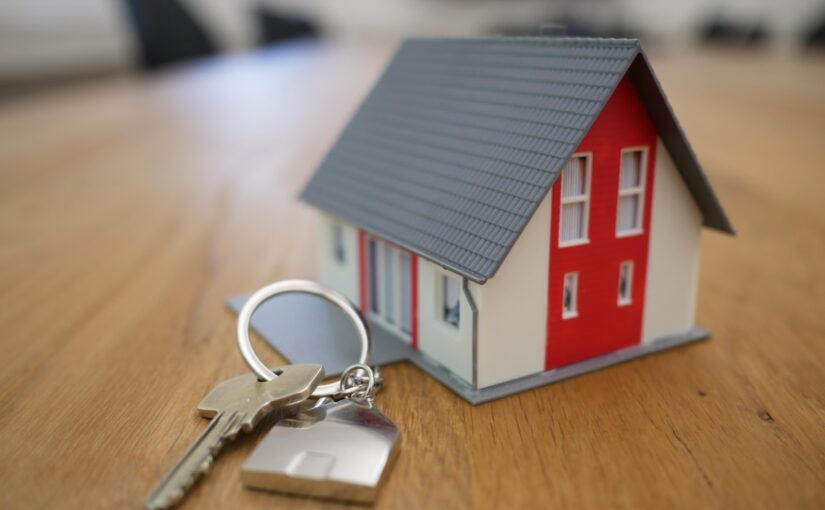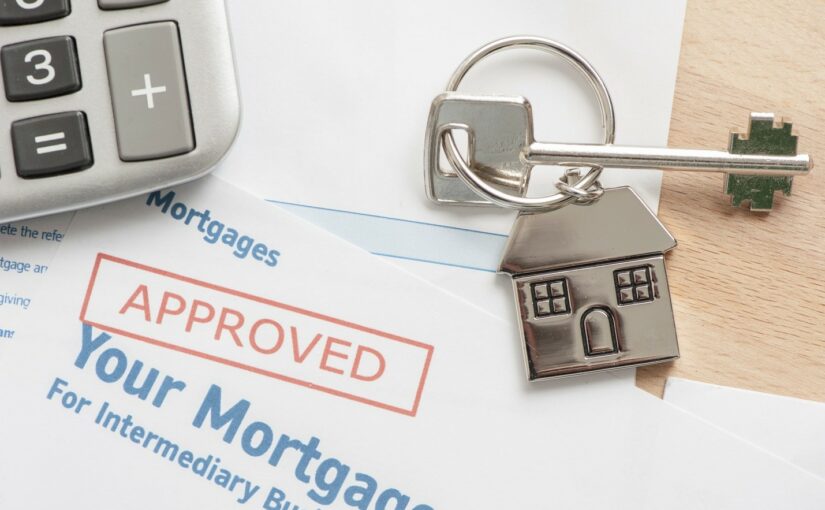Buying a home is a complicated process. From pre-approval to shopping around and finalizing the deal, homebuyers have a lot to accomplish quickly if they want to snag the house they want off the market. Once you buy your first home, you’ll understand the buying process much easier. However, there are several common mistakes many first-time home buyers make. Here are the mistakes to avoid when buying a home.
Not Getting Pre-Approved
Mortgage pre-approvals are a huge first step when you want to buy a house, and they’re not something you should ever forget to do. Having your pre-approval in hand can improve the odds of your offer getting accepted because it tells sellers that you’ve been approved for a loan, ensuring a smoother selling process.
Remember, the real estate market is incredibly competitive for buyers and sellers, so if you find a house you love, you’ll want to be able to compete with multiple offers by having your pre-approval in hand that states how much a bank or mortgage lender is willing to loan you for the house.
Buying a House You Can’t Afford
Mortgage lenders do their due diligence to ensure borrowers can afford a home. However, you shouldn’t let your mortgage lender predict how much you can truly afford. While they consider your income, debts, and credit history, they don’t have a full picture of your finances like you do. If something doesn’t feel right about buying a house that’s above your budget, don’t buy it.
Buying a house is likely going to be the biggest purchase you’ll ever make, so there’s no reason to overspend if you know it will put you into financial hardship later in life.
The good news is you don’t have to spend all of the money a lender is willing to loan you on the house. Instead, you can choose to find a more affordable house that requires a smaller loan, affording you the option of renovating the house or using the money you’ve saved on interior design.
Ignoring Location
Location is important in real estate for several reasons. First, homeowners should choose a location based on their needs and preferences. For example, you probably don’t want your commute to work to take longer than an hour, so you’ll need to shop for houses within a particular radius to ensure you’re not spending too much on gas or taking too much time away from your other priorities.
Additionally, you should consider access to important places, such as schools, grocery stores, and maybe even shopping malls. If convenience is important and you don’t drive, you will also need to look into access to public transportation. On the other hand, if you own your own vehicle, you may want to look for a house with a garage or covered carport to prevent the need for auto detailing due to tree sap and bird droppings.
Not Considering Other Costs
While the purchase of the home is the highest cost of homeownership, other costs are associated not only with the sale of the home but the maintenance of it as well. When moving to a new home, you might have to deal with additional expenses immediately to ensure your home is in proper working order. Common costs associated with home ownership include:
- Monthly mortgage payments
- Property taxes
- Repairs
- Landscaping
- Homeowners Association (HOA) fees
- Utilities
Using All Your Money for the Down Payment

It can be tempting to use your entire savings for the downpayment of a home to spend less money over the life of a loan. However, you should always ensure you have enough savings left over to cover your living expenses for at least three to six months. Not spending your entire savings may mean putting less money down on the house, but it ensures you can afford to live in the house and pay your bills in the immediate future and beyond.
Not Working with a Real Estate Agent
Anyone can buy a house without help. However, working with a real estate agent can be a life-saver for a first-time home buyer. When buyers work with agents, they don’t have to pay anything since the commission on the sale of a house is split between the buyer’s and seller’s agents. Ultimately, there’s no reason not to work with an agent. Real estate agents can help guide you through the entire process, including helping you find the home of your dreams and negotiating purchase price on your behalf. They’ll even handle all of the paperwork for you, making buying a home less stressful for everyone.
Waiting for Your Dream House
In a competitive real estate market, you have to move quickly to get the house that you want. If you’re not realistic about what you can afford based on your loan amount, you won’t ever find a quality house. No home is going to check every single one of your boxes, so it’s best to understand what your priorities are when shopping for a home. Waiting too long in hopes of finding your perfect home can result in a great house being sold before you even have the chance to put in an offer.
Moving Too Fast
While you don’t want to move too slowly in the homebuying process, you should also never rush your decisions. Buying your first home is exciting, but that doesn’t mean you should rush to purchase the first house you see. Instead, take time to find the property that’s right for you, and don’t settle for something just because it’s available and within your budget.
Final Thoughts
As you can see, there are many mistakes to be made when buying a house. Luckily, working with a real estate agent can help you through the entire process, and it’s free for buyers. Hopefully, knowing these common mistakes can help prevent you from buying a home that’s out of your budget or spending too much on the down payment. Remember, never make decisions based on impulse; instead, do your research and find the best house for you and your family that’s within budget.
Ashley Nielsen

Ashley Nielsen earned a B.S. degree in Business Administration Marketing at Point Loma Nazarene University. She is a contributing writer at 365businesstips.com where she shares knowledge about general business, marketing, lifestyle, or financial tips. During her free time she enjoys being outside, staying active, reading a book, or diving deep into her favorite music.



